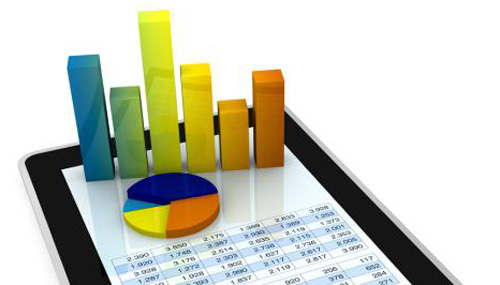Appreciating Economic Achievements of President Jokowi’s Era Amidst Global Uncertainty
By: Herman Wijaya)*
Amidst the global dynamics full of uncertainty, Indonesia under the leadership of President Joko Widodo (Jokowi) has shown resilience and significant success in economic development. Since being inaugurated in 2014, President Jokowi has implemented various policies aimed at encouraging economic growth, improving infrastructure, and strengthening strategic sectors. Despite the challenges, positive results are beginning to appear, indicating that Indonesia is able to adapt to fluctuating global conditions.
One of the main focuses of President Jokowi’s administration is infrastructure development. With a significant budget allocated, various large projects such as toll roads, ports, and airports have been built in various regions. These projects not only accelerate connectivity between regions but also open up new economic opportunities, create jobs, and attract foreign investment.
The construction of the Trans-Java Toll Road has reduced travel time and logistics costs, which in turn supports the growth of the trade sector. This infrastructure investment has also had a positive impact on the tourism sector, which is one of the mainstays of the Indonesian economy. In uncertain global conditions, this infrastructure improvement is a strategic asset that provides greater competitiveness for Indonesia.
Bank Indonesia (BI) Governor Perry Warjiyo said that during President Jokowi’s leadership, the Indonesian economy remained resilient during a period of high global uncertainty. This is reflected in the economic growth in the first quarter of 2024 recorded at 5.11 percent year on year (yoy), an increase compared to growth in the previous quarter of 5.04 percent (yoy). Perry also said that investment grew well, especially supported by building investment as infrastructure development continues.
President Jokowi is aware that dependence on commodities such as oil and natural gas can be a risk amid global price fluctuations. Therefore, the government has encouraged economic diversification by developing other sectors such as the creative industry, agriculture, and technology. Programs such as “Making Indonesia 4.0” aim to increase industrial competitiveness through the application of technology and innovation. With this diversification, Indonesia seeks to reduce the negative impact of global market uncertainty. The technology sector, in particular, has shown rapid growth with the emergence of local startups that have gained international attention. This not only helps create jobs but also strengthens Indonesia’s position in the global digital economy.
During President Jokowi’s leadership, efforts to attract foreign investment have also been increased. Through regulatory reforms and simplification of licensing procedures, the Indonesian government has attempted to create a more attractive investment climate. Several policies, such as economic policy packages issued periodically, aim to provide incentives for investors. As a result, the flow of foreign direct investment (FDI) to Indonesia has shown a positive trend, even in an unstable global situation. For example, the manufacturing and infrastructure sectors have become the main destinations for foreign investors. This increase in investment has not only had a positive impact on economic growth, but has also strengthened the national industrial base and increased domestic production capacity.
Meanwhile, the Indonesian Minister of Finance, Sri Mulyani Indrawati said that there are three aspects that have received considerable attention in the last 10 years besides the magnitude of economic growth. Namely, efforts to improve infrastructure, quality of human resources and public welfare. These three aspects are important pillars in Indonesia’s economic development in the era of President Jokowi. With a balanced focus between infrastructure and human development, Indonesia has the potential to grow sustainably and face global challenges better. Success in one aspect will support success in other aspects, creating synergies that can lead Indonesia to a brighter future.
One indicator of successful economic development is the improvement of people’s welfare. Under President Jokowi’s leadership, various social programs such as the Smart Indonesia Card (KIP) and the Basic Food Card have been launched to improve access to education and food for the underprivileged. These programs demonstrate the government’s commitment to ensuring that economic growth is also followed by equal distribution of welfare.
In a time of global uncertainty, economic resilience is key. Indonesia has managed to maintain positive economic growth despite challenges such as the COVID-19 pandemic and the global energy crisis. By focusing on strengthening the domestic economy, President Jokowi has succeeded in creating greater resilience for the people, so that they can face various external shocks.
Economic development in the era of President Jokowi has shown positive results despite global uncertainty. Focus on infrastructure development, economic diversification, increasing foreign investment, and social programs for people’s welfare are the main pillars that support Indonesia’s economic growth. With strategic and adaptive steps, Indonesia has the potential to continue to develop and compete at the global level, making this country one of the key players in the world economy in the future. Then in this challenging era, the resilience and success of economic development are signs that Indonesia is able to survive and grow even in less than ideal conditions.
)* The author is a contributor to JurnalRedaksi.com
